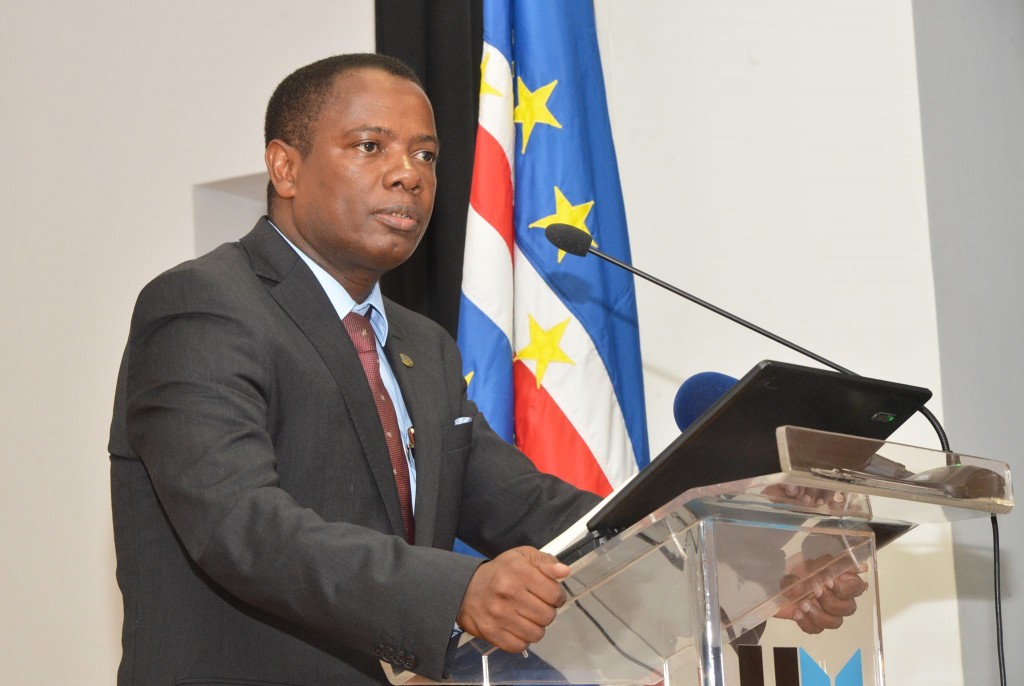
Cape Verde: Vice prime minister emphasizes universities as crucial for training African youth
Cape Verdean Vice Prime Minister and Minister of Finance, Olavo Correia, highlighted today the importance of universities in shaping highly qualified and well-prepared African youth, serving as a pivotal source of change, knowledge, and attitude transformation.
Correia made these remarks at the opening of the 2nd edition of the Regional Conference of Rectors of Member Institutions from West Africa, held over two days at the Palais des Congrès, Uni-CV Campus in Palmarejo Grande.
The conference has drawn participation from 12 countries including Benin, Burkina Faso, Ivory Coast, Gambia, Ghana, Guinea, Guinea-Bissau, Liberia, Mali, Mauritania, Niger, Nigeria, Senegal, Sierra Leone, Togo, and Cape Verde.
With a vision for Africa equipped with highly qualified youth and women proficient in science, technology, innovation, languages, and possessing a proactive attitude, the government official stressed the necessity for strong commitment and conducive conditions within universities.
He emphasized that higher education should not be seen as a luxury but as a fundamental right.
“It is within universities that we can nurture these young talents, African youths of the world. Universities are hubs of change, fountains of knowledge, and catalysts for transforming attitudes—all of which must be harnessed for development,” he underscored, pointing out that advancing requires challenging the status quo. “With transformative and inclusive leadership, we must invest in knowledge and research.”
According to Correia, achieving these goals demands substantial investment in universities, highlighting the significance of events like this conference for sharing knowledge, methodologies, and approaches to elevate African universities to levels of excellence and high quality.
“Educating, training, and preparing the youth for the world of work, research, and innovation, and what Africa must accomplish—investing in energy transition, digital transition, industries, creative industries, tourism, blue economy, knowledge economy, and health,” he emphasized.
Correia concluded that highly prepared individuals are crucial in these efforts, affirming the pivotal role universities play in ensuring that higher education is not just a privilege but a gateway to development, innovation, and creating conditions for a highly competitive economy across Africa and the globe.



